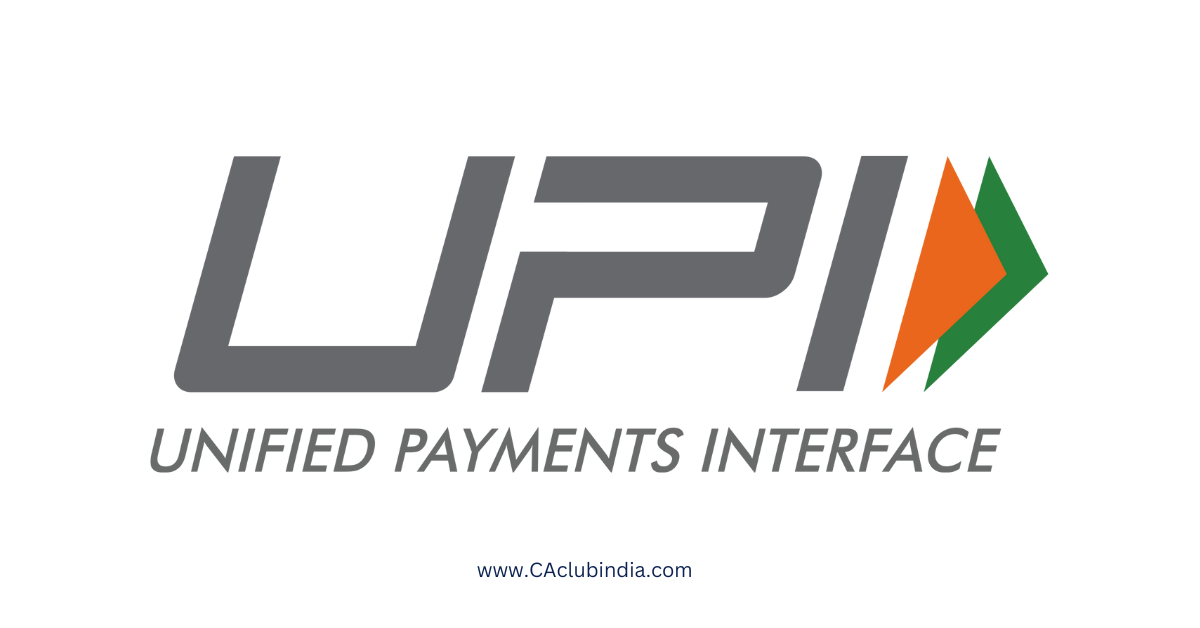In a significant move to enhance cross-border digital transactions, the Ministry of External Affairs announced the extension of Unified Payment Interface (UPI) services to Sri Lanka and Mauritius. With this expansion, UPI, an instant real-time payment system, is now operational in a total of seven countries, marking a milestone in its global outreach.

Expansion of UPI Services
The recent inclusion of Sri Lanka and Mauritius into the UPI network adds to the growing list of countries where this innovative payment system is available. Here's a brief overview of UPI's expansion:
- Bhutan: The collaboration between NPCI International Payments Ltd (NIPL) and the Royal Monetary Authority (RMA) of Bhutan paved the way for BHIM UPI QR-based payments in Bhutan, commencing on July 13, 2021.
- Oman: A Memorandum of Understanding (MoU) signed between NPCI, NIPL, and the Central Bank of Oman (CBO) facilitated RuPay card acceptance and cross-border remittances, enhancing financial connectivity between India and Oman.
- Mauritius: The introduction of UPI connectivity in Mauritius enables Indian visitors to make seamless payments to local businesses, while Mauritian tourists can utilize the Instant Payment System (IPS) app for transactions in India, fostering economic exchange between the two nations.
- Sri Lanka: Indian travelers now have the convenience of making QR code-based payments at merchant locations in Sri Lanka using their UPI-enabled mobile apps, promoting hassle-free transactions during travel.
- Nepal: Nepali users benefit from UPI-enabled mobile banking, allowing them to transfer funds to India effortlessly, strengthening financial ties between the two neighboring countries.
- France: UPI's presence extends to iconic landmarks like the Eiffel Tower in Paris, facilitated by NIPL in collaboration with Lyra, enabling Indian visitors to make payments via QR code scanning, enhancing the tourism experience.
- Southeast Asia: NIPL's partnership with Liquid Group facilitates QR-based UPI payments in 10 countries across Southeast Asia, fostering seamless transactions in Malaysia, Thailand, Philippines, Vietnam, Singapore, Cambodia, South Korea, Japan, Taiwan, and Hong Kong.
Functionality of UPI Overseas: UPI's international functionality offers users a seamless payment experience across borders. Key aspects include:
- Registration: Users register their bank accounts with a UPI-enabled mobile app to initiate international payments.
- Transactions: Payments are made by scanning QR codes or entering recipient details and transfer amount, similar to domestic UPI payments.
- Activation: Users can activate international UPI payments through their app settings, followed by verification with their UPI PIN.
Making International Payments Using UPI
- Transactions mirror domestic UPI payments, with applicable bank fees and foreign exchange rates.
- Payment process involves scanning the merchant's QR code, selecting the bank account, and entering the UPI PIN for confirmation, ensuring secure transactions.
Conclusion
The expansion of UPI services to Sri Lanka and Mauritius underscores its growing popularity and efficacy in facilitating cross-border digital transactions. With its seamless functionality and widespread acceptance, UPI is poised to further revolutionize the global payments landscape, promoting financial inclusion and economic connectivity across borders.







 CAclubindia
CAclubindia
